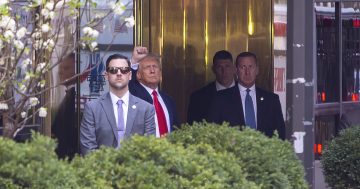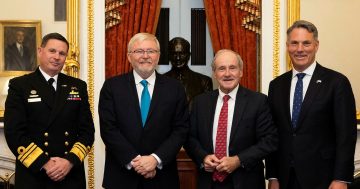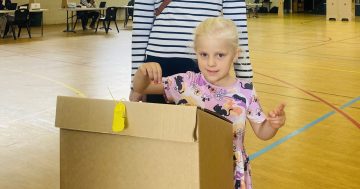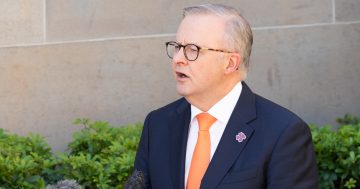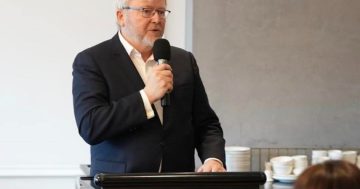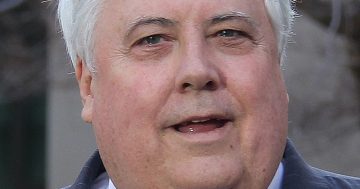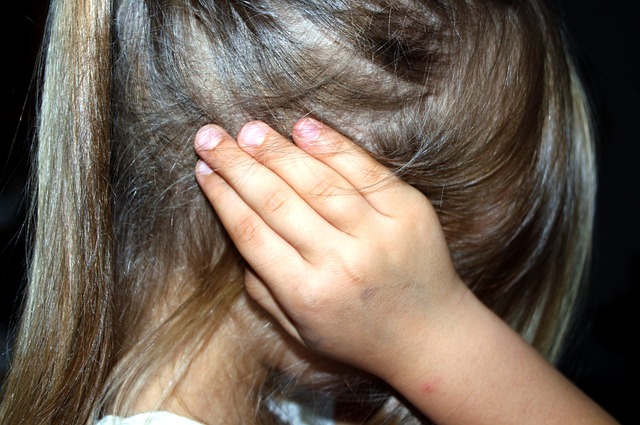 Out of the mouths of babes – I was deeply touched by a colleague’s comment on social media last week reporting her young son’s response to seeing a photograph of Donald Trump on her mobile phone. And I quote….
Out of the mouths of babes – I was deeply touched by a colleague’s comment on social media last week reporting her young son’s response to seeing a photograph of Donald Trump on her mobile phone. And I quote….
“[He] just leant over my shoulder and said ‘Donald Trump! He’s evil.’ What makes you say that, I asked. ‘Go, Hillary!’ He responded. But why is Trump bad, I asked. ‘He wants to build a giant wall between America and Mexico and take away all the nachos,’ he said. #lockupyourcornchips
Humour aside, it reminded me of the deeply-felt, influential article written by Hunter S. Thompson entitled “Fear & Loathing in America” following 9/11. Hunter was forecasting (rightly so) and serving up a warning, about knee-jerk reactions, driven by fear.
In Australia, if you read the posts on Facebook and Twitter and the media reactions immediately after the Trump election victory last week, a similar fear seems to be infiltrating the newswires and social media.
The child’s comment (although amusing for adults), still stems from a reflection of fear that’s being picked up, most likely through the lens of public sentiment. I spoke with a teacher of Year One students yesterday who was alarmed at the little ones chanting: “Kill Trump, kill Trump,” as they came into the classroom.
Perhaps this is a time we need to take stock of the effect we are having on our children, with regard to creating an atmosphere of fear and also potentially removing “hope” for their future. It’s a serious issue.
In an age where media permeates our lives and more often than not, it’s bad news – (sometimes devastatingly so) and serving up the human tragedy and suffering, day-in-day-out, we are setting the preconditions that facilitate and even augment mental health issues throughout the population.
Listening to a Richard Fidler interview this morning with Paul Stephenson, entitled: “Act of Conscience”, where he talked about being instructed NEVER to give hope to the refugees when he worked at Nauru as a consulting psychologist, it brought the devastating consequences of having a large number of refugees trying to commit suicide every single day. His comments were along the lines that, when you demoralise people and take away their hope, you cause many of them to give up on their very lives.
I was reminded through the interview that “hope” for our future is a basic human right and we should really be mindful of this fact when we are discussing the state of the world with our children. Of course, we don’t want them to think that life is easy, by any means, but we also must temper our discussions to guide them through so much negativity in the world and make sure that we leave them with the impression that (in Obama’s words) the sun will come up in the morning and that they still have a future where the world is their oyster and there is a whole life of possibilities still waiting for them out there.
So I urge Canberra parents, guardians, teachers and others who are influencers of our youth, to be mindful about the way they react to the political and military unrest around the world today and to make sure that we NEVER rob them of hope for their future.
We can take from history and other great thinkers and writers of their time on this topic, like “Great Expectations” by Charles Dickens and the notion that our children should always be entitled to great expectations. And the words of H.G.Wells regarding how we have viewed catastrophe over time, and the political stage we live in today is not entirely without precedent.
“Human history becomes more and more a race between education and catastrophe.” – H.G. Wells












